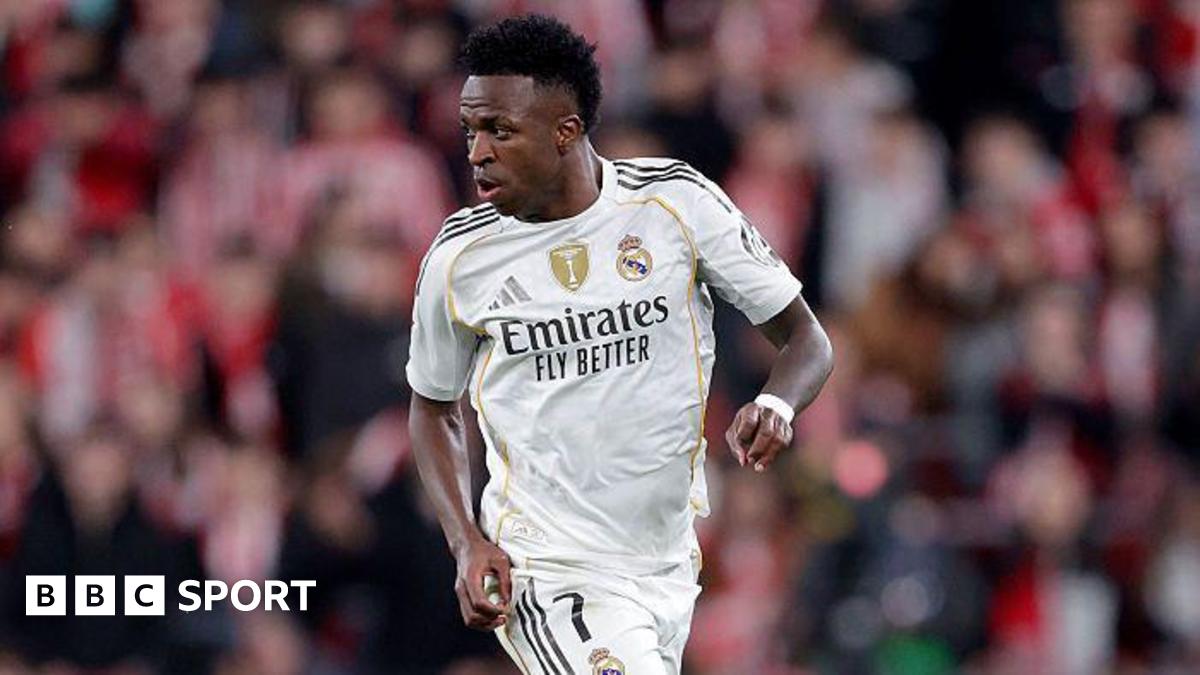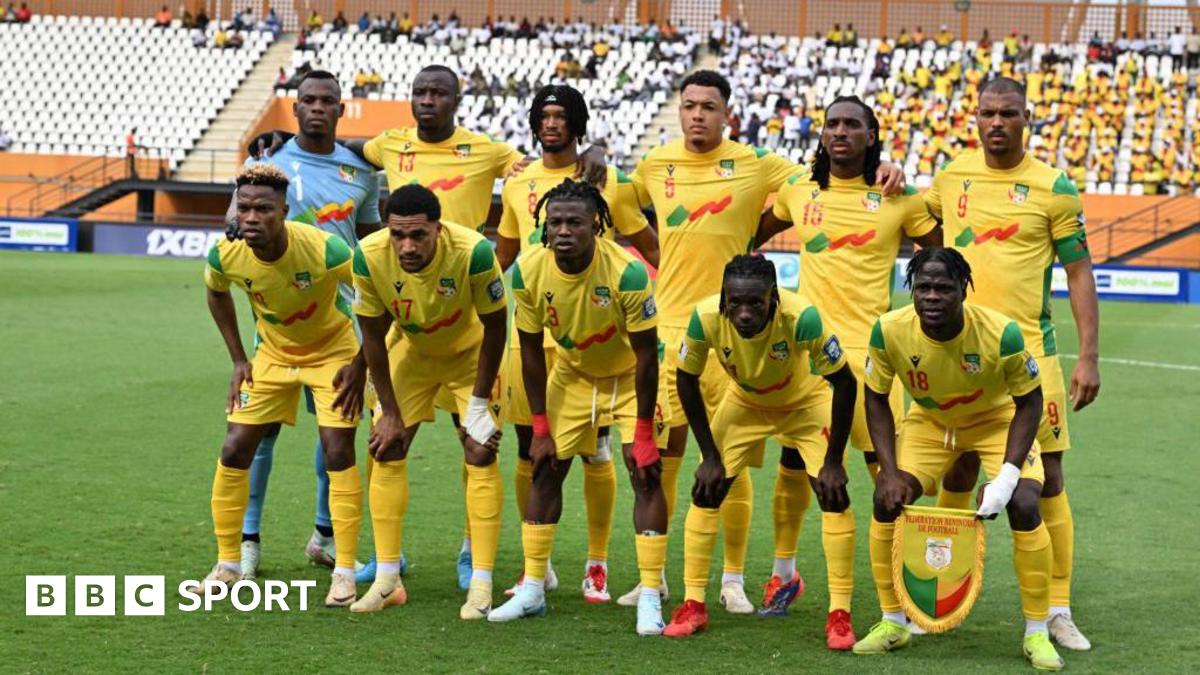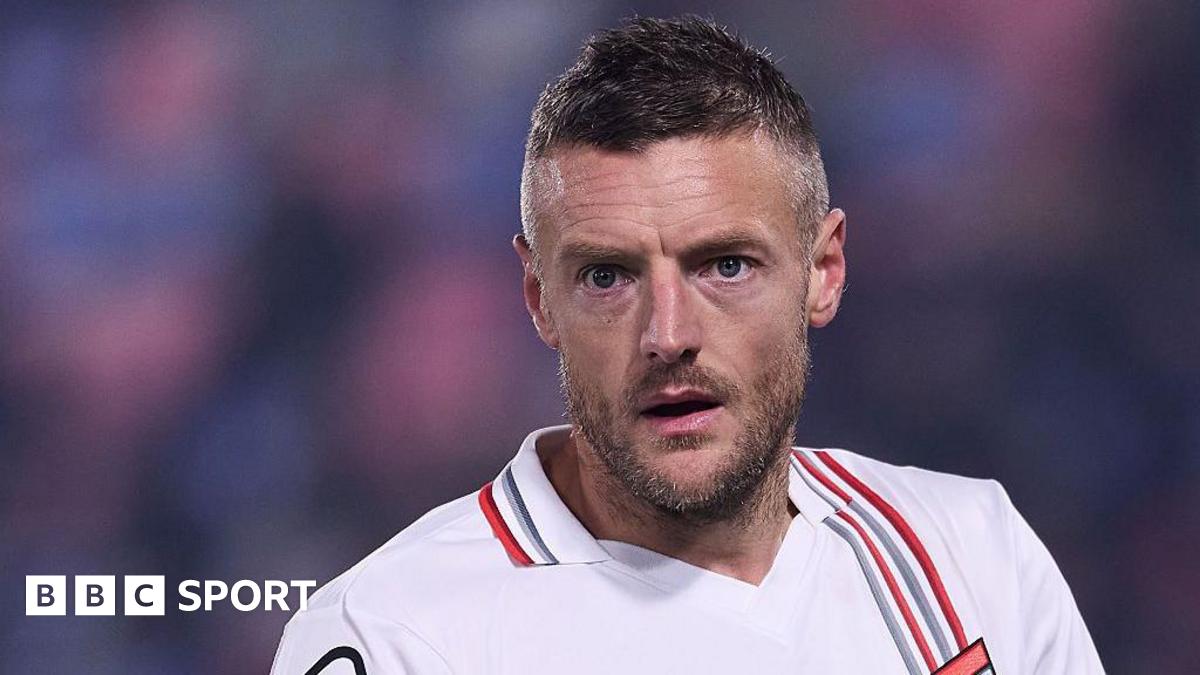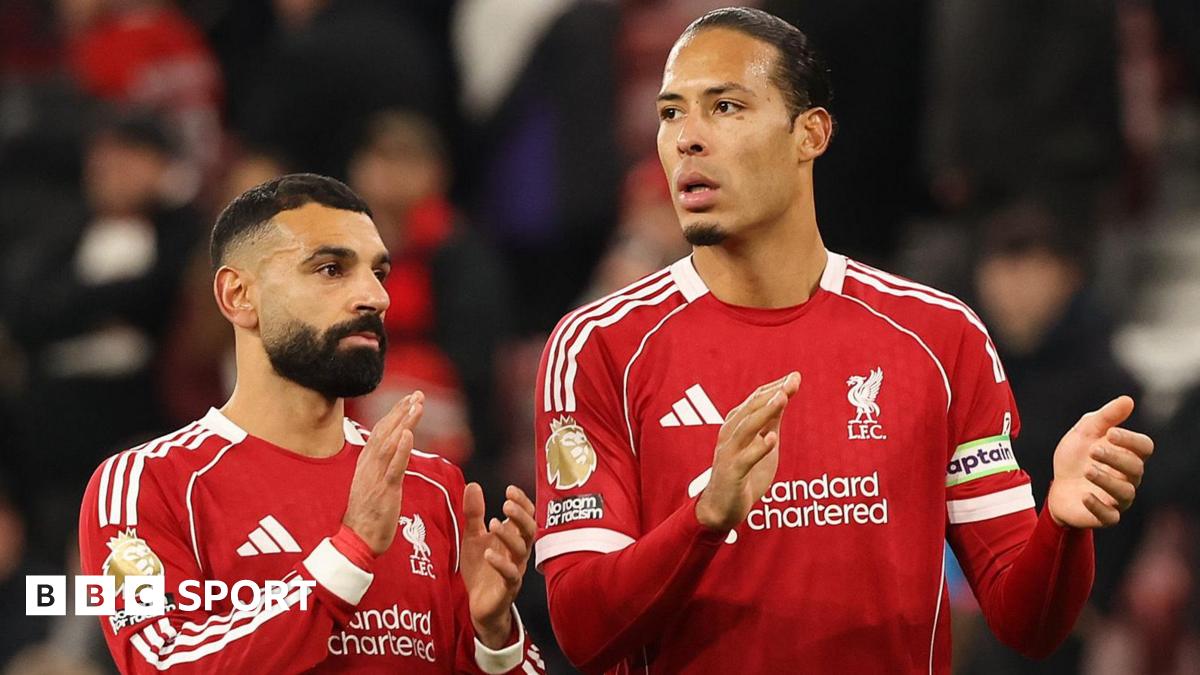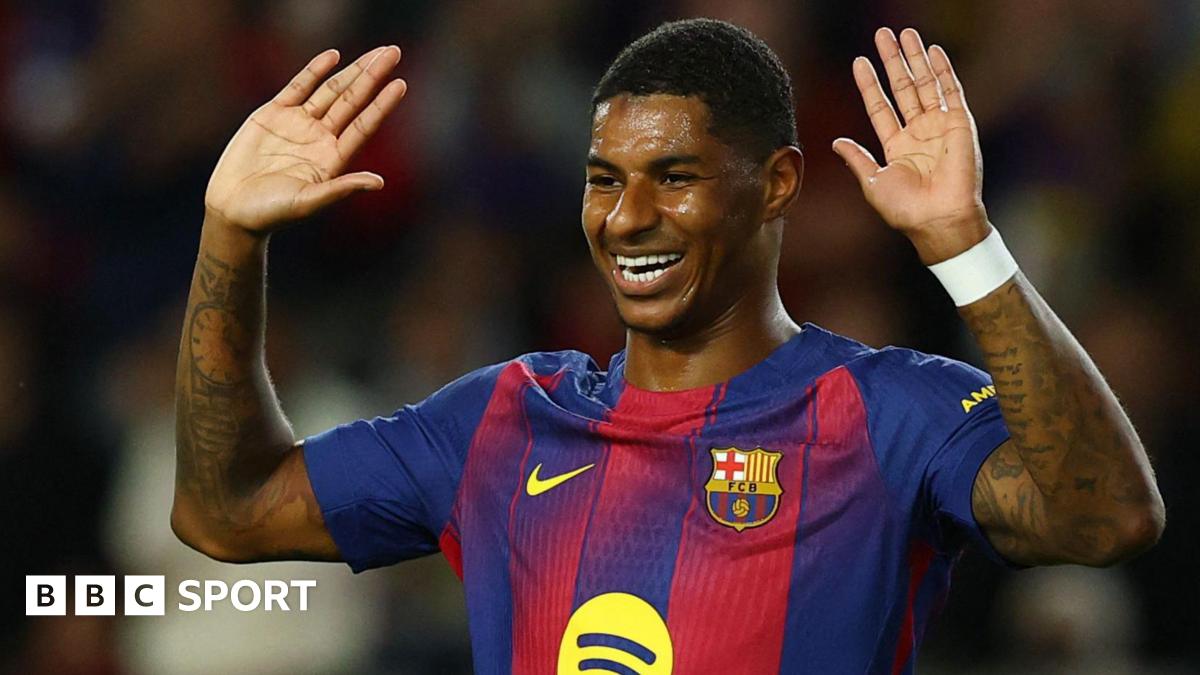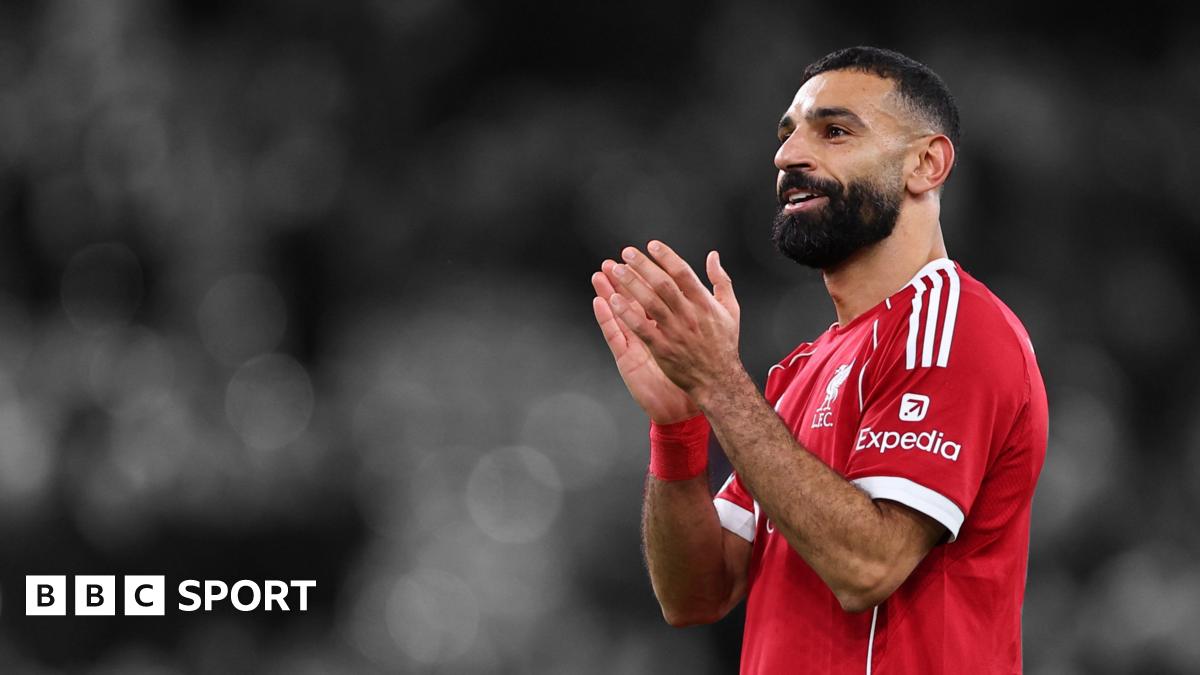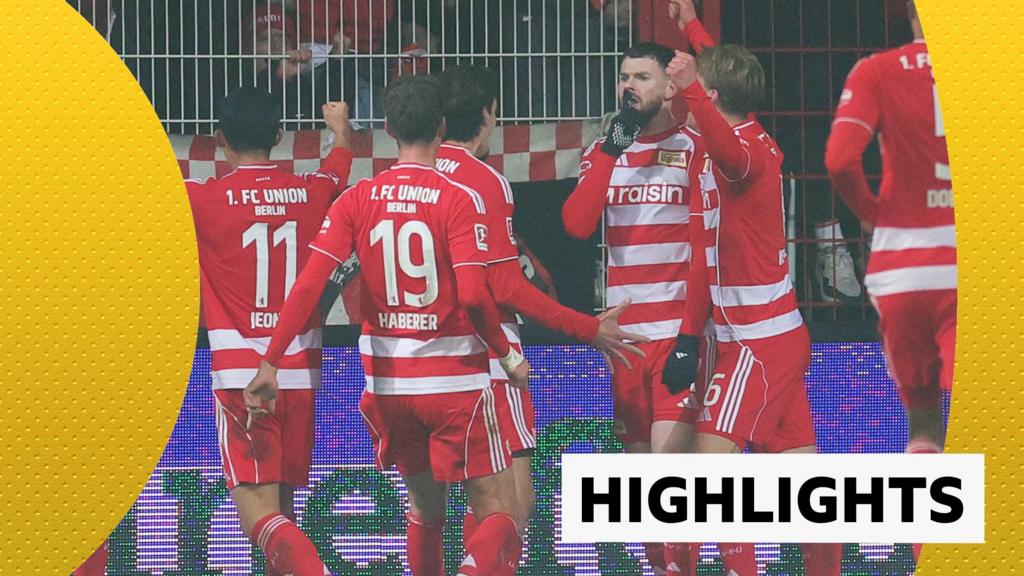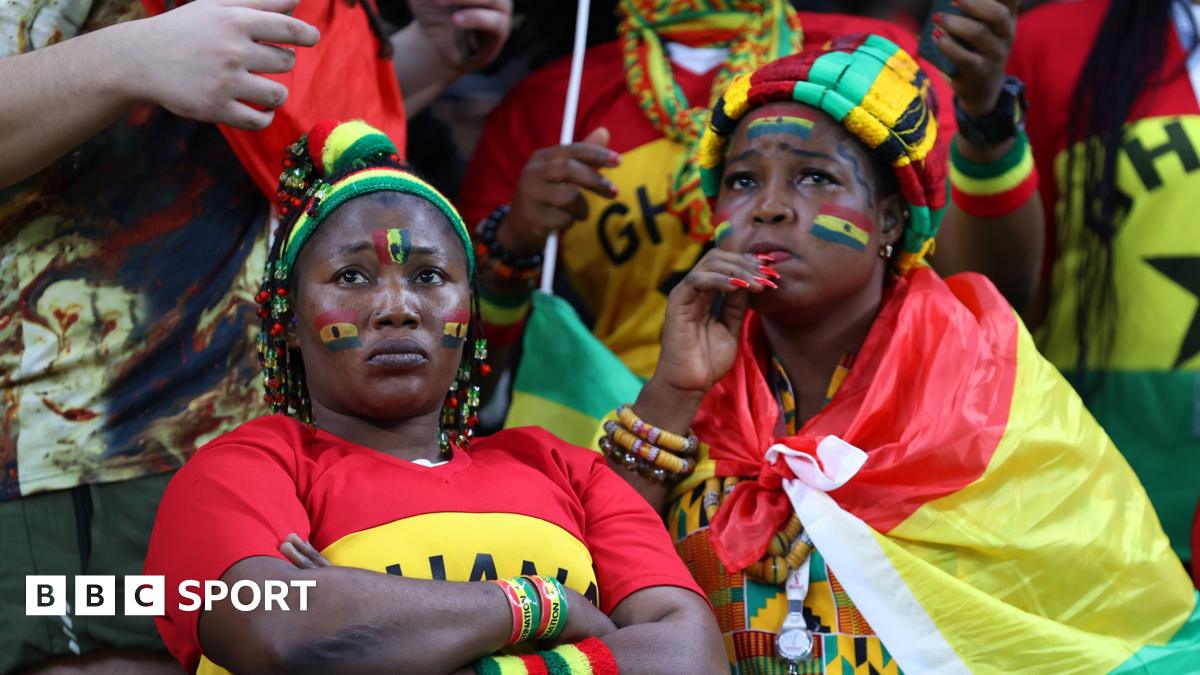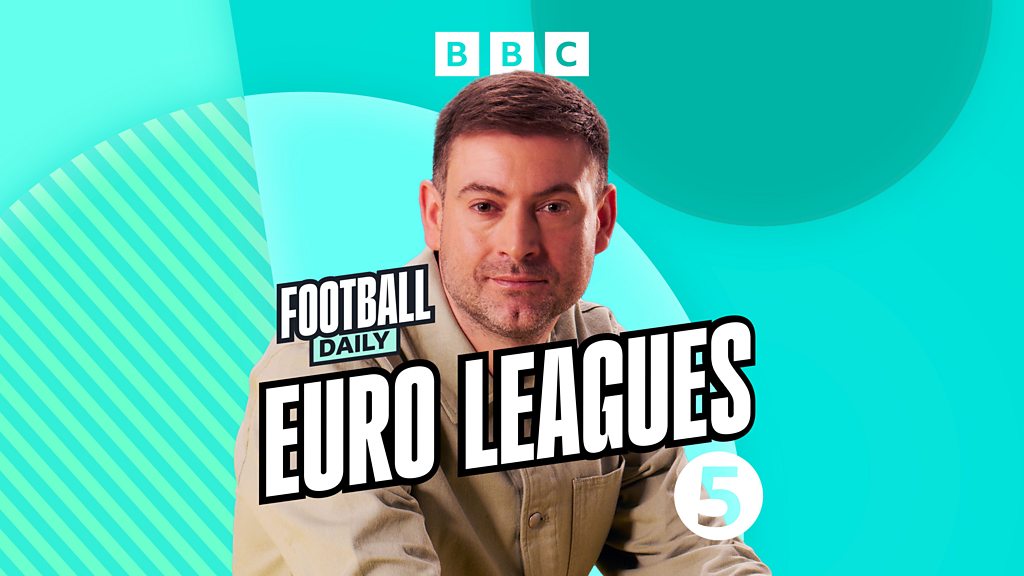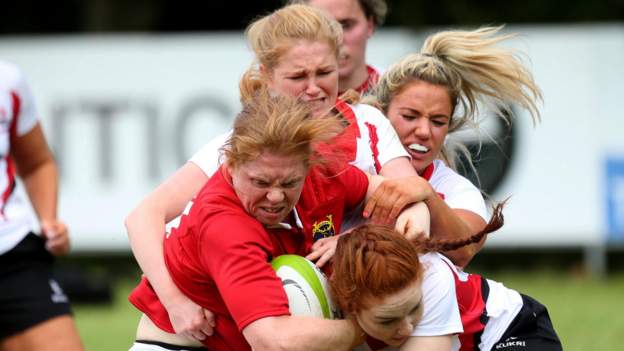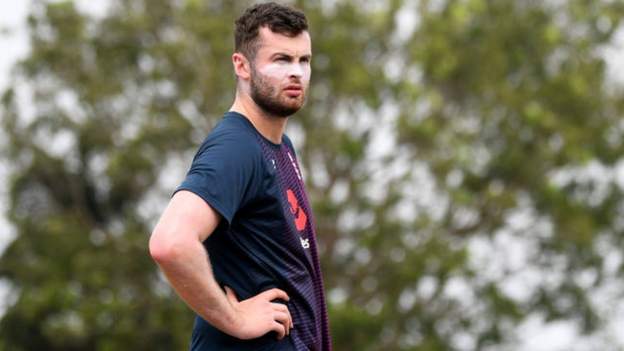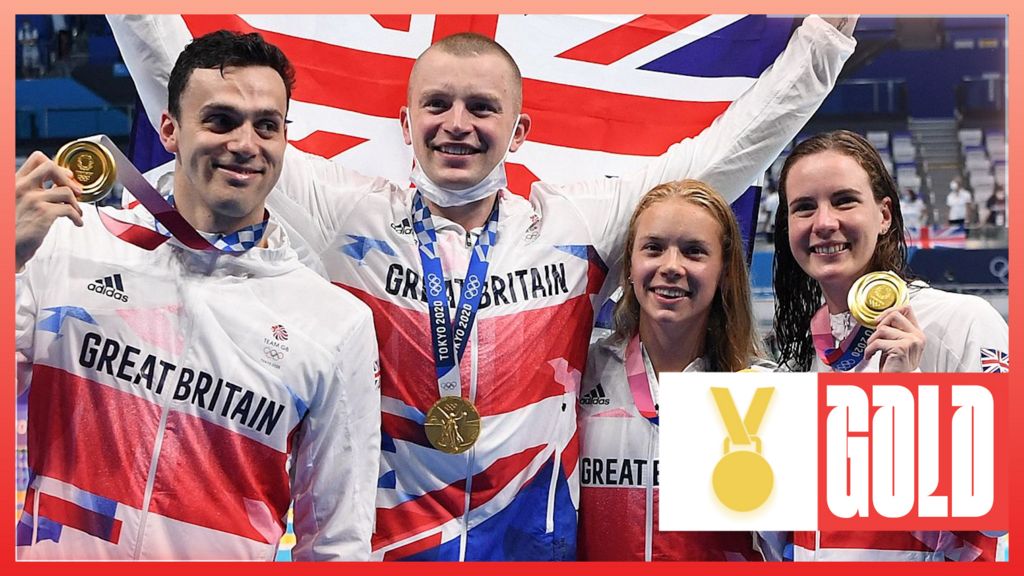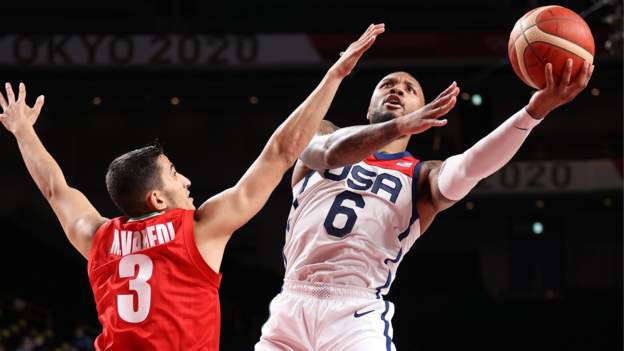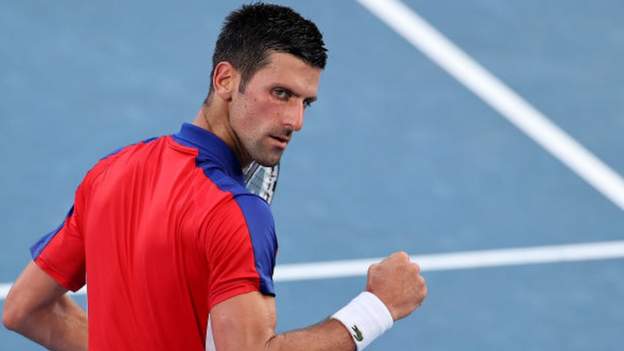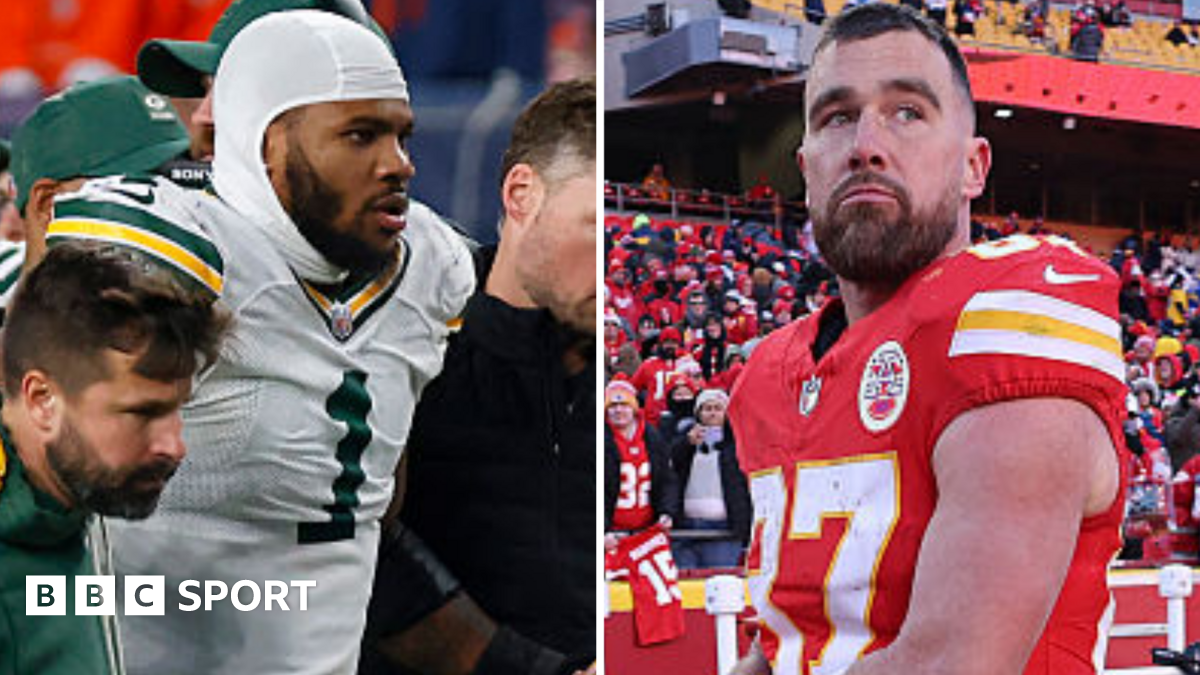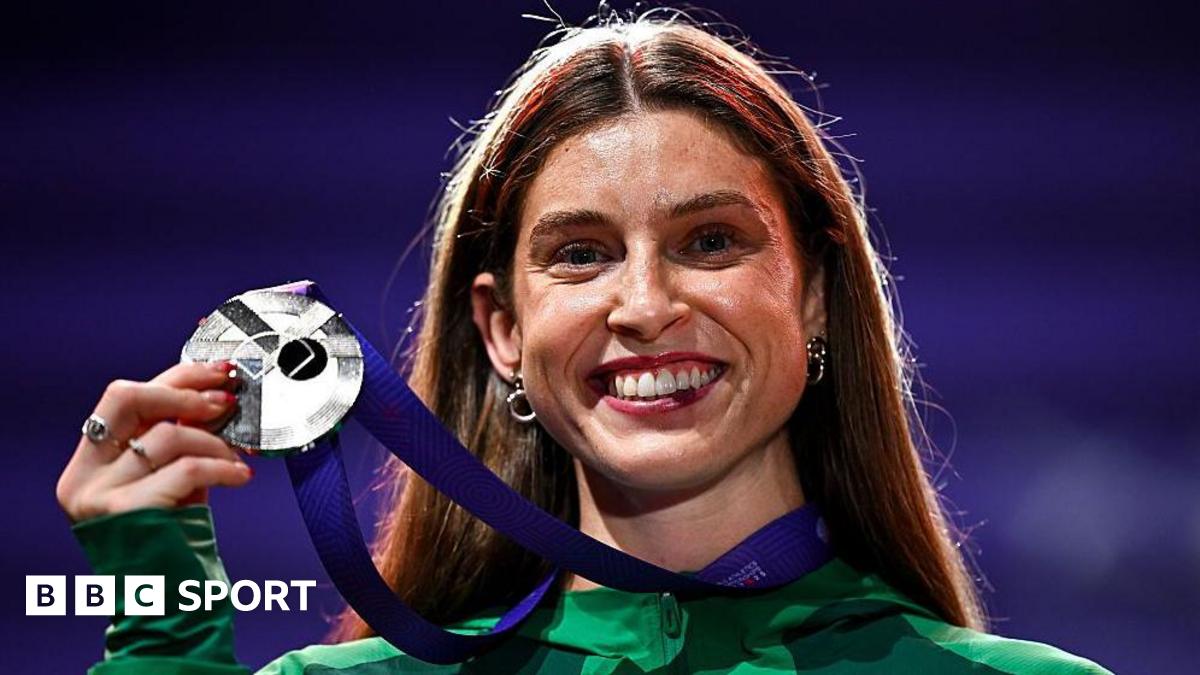Ulster Rugby’s chief executive Jonny Petrie has insisted that developing the women’s game is a key part of the overall strategy for a province that has not won a women’s interprovincial game since 2012.
Speaking as part of in-depth look at the Ulster women’s game on this week’s Sportsound Extra time, Petrie said the Covid-19 pandemic has has a particularly devastating effect on women’s rugby throughout Ireland, with the main club competition, the All-Ireland League, having been on hold for more than a year and no interpros taking place.
“[Prior to the pandemic] The women’s game was an area of growth for us at participation level and we see the potential for that to continue to be the case,” added the Ulster CEO.
“We need to continue to work to increase our participation base and make that as accessible as possible for any women and girls to be able to take part in rugby.
“At participation level we need to find formats that work for people to gain access to the game and that’s not necessarily all about competitive 15s rugby right the way through the course of the year.
“Beyond that, we clearly want to get greater numbers and great quality of players coming into the pathway and developing out of that into the elite level of the game and representing Ulster and Ireland at senior level in the women’s game.”
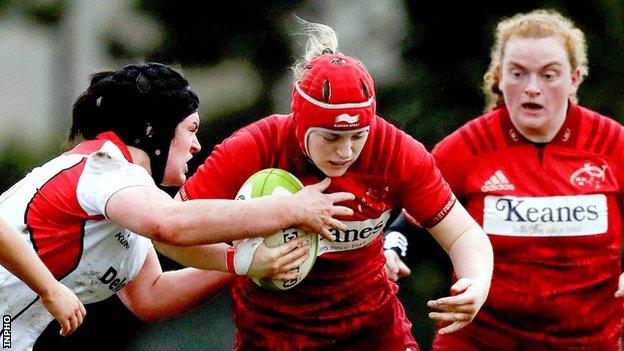
‘Slow progress with Ulster’s high performance’
Sportsound Extra Time’s Emma Orr also spoke to current and former Ireland internationals Kathryn Dane and Grace Davitt plus ex-Ulster player Sorcha Mac Laimhin as she examined the state of the women’s game in the province.
The views of Davitt and Mac Laimhin could be summed up with the phrase, “progress made but a lot still to do”, though thankfully, the bad old days of women’s players not even being allowed to attend annual club dinners appear to be in the past.
“Over the past 10 years, progress has been slow but we’re getting there,” said Mac Laimhin, who played for Ulster between 2009 and 2018, and has since continued her club career with Cooke.
“There are now loads of opportunities for girls and women to play rugby.”
However, Mac Laimhin says Ulster’s long winless run on the Interpro scene tells a tale of a lack of investment in women’s high performance.
“For me the thing that’s been slowest to progress is Ulster has been the high performance side of things.
“The opportunity for high-performance players to push on and get on to Irish squads and to get a green jersey… there needs to be more support in that area.
“The IRFU do provide financial support but it’s not enough. There needs to be more investment.
“We need to be moving more towards what we see in England where players are practically semi-professional and the Premiership really is highlighted as elite level for high performance rugby for women.”
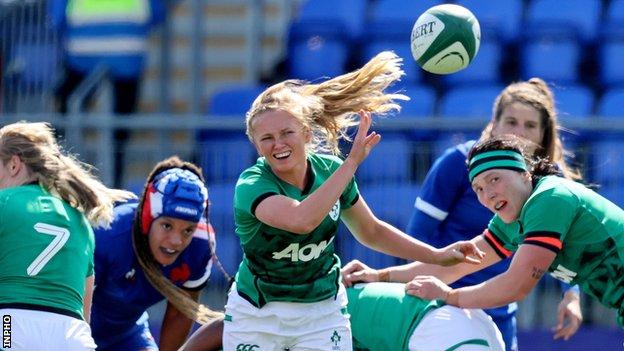
Clubs must ‘get’ women’s rugby – Davitt
Mac Laimhin believes that the requisite financial and organisational support could see Ulster competing with Leinster and Munster relatively quickly.
“The gap isn’t as big as maybe it’s perceived to be. That last [interpro] win in 2012 feels like a long time ago but the improvements that have been made to that squad have been phenomenal.
“In the last interpro series that was played [in 2019], Ulster had a real chance to compete and it was a huge shame that they weren’t able to translate that into a win.
“Thankfully now the management and the coaching staff at Ulster are able to provide more frequent opportunities for that high level training.”
Davitt, who helped Ireland clinch the Grand Slam for the first time in 2013 and played for both Ulster and Leinster, says that the key to improving the province’s high performance is “getting girls starting young”.
“When I started playing rugby I was 18 years of age. You look at Kathryn Dane and Neve Jones in the Ireland squad now. They started playing mini rugby in Enniskillen and Ballymena. That’s the big key.
“But it’s getting the buy in from the clubs. Sometimes all they are doing is ticking a box and saying ‘we’ve set up a women’s team… you guys work away yourselves’. That’s not getting the sport.”
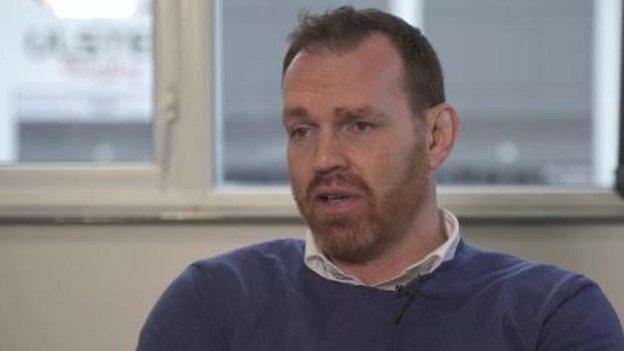
Ulster must be at the party – Petrie
Davitt added: “That’s the big thing. Clubs doing the buy-in and saying ‘we want to develop our women and want to be up there with the men’ and prioritise it and not just ‘something we have to be seen to be doing’.”
Ireland scrum-half Dane says she is encouraged by the talent coming through at club and schools level.
“A number of them are representing Irish Sevens and the 15s and breaking through to the elite level,” says the Enniskillen woman, who like her Ulster international colleague Claire McLaughlin, plays her club rugby for Dublin outfit Old Belvedere.
“I’m hopeful that we are definitely in a growth phase with the Ulster team.
“It will take a number of years for us to start peaking and really getting our performances up but I know within the next five years we’re definitely going to be up there with the likes of Leinster and Munster.”
Ulster chief executive Petrie says he believes the “sky’s the limit” for the women’s game globally and says the province must embrace this opportunity to grow the sport.
“That’s something we want to be part of and want to be at the front end of that.
“I don’t see a particularly ceiling on where that can go to but I think we need to continue on working hard to make sure that we are at the party on that and Ulster is represented in the development of the game at interprovincial level and beyond.”

